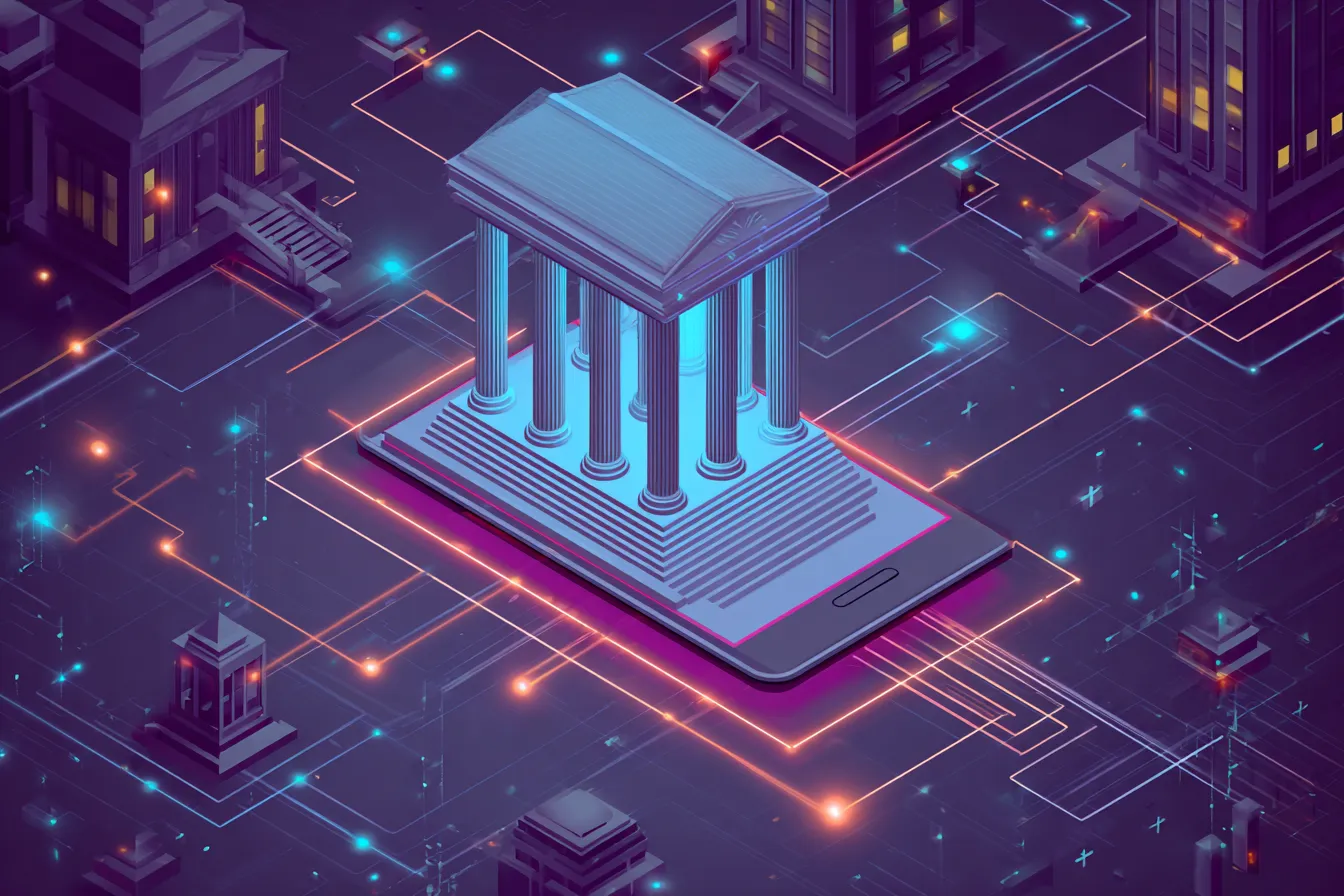Why is the crypto market no longer interesting?
Do you remember the days when the cryptocurrency Twitter community felt like watching a blockbuster movie from the front row?
The market is like an out-of-control roller coaster, the narrative is like flipping a pancake, and every week is full of the tension and excitement of a Hollywood blockbuster.
But where has all of that gone now?
If you're still reminiscing about those "skyrocketing candlestick charts" and Bitcoin's 20% single-day surges, Nic Carter wants to make you smile through your tears: Cryptocurrency is boring now because we've won.
From the collapse of major exchanges to the ban on cryptocurrencies, from Elon Musk's tweets that pumped prices to the COVID-19 black swan event, the development path of the crypto industry has been nothing short of tumultuous.
Jamie Dimon (CEO of JPMorgan Chase) has denounced Bitcoin as a "fraud" and threatened to fire any employee at JPMorgan Chase who was involved in cryptocurrency trading.
And now, this world's largest bank is accumulating stablecoins. Dimon even admitted: "Cryptocurrencies are real, and stablecoins are real."
JPMorgan Chase not only allows clients to use Bitcoin and Ethereum as collateral for loans, but has also launched its own blockchain infrastructure.
Are those crazy days truly gone forever? Has cryptocurrency really become boring? Should we look for new asset classes to seek excitement?
As it turns out, Gandhi's famous quote, "First ignore you, then laugh at you, then oppose you, and finally you win," may be more accurate in describing the trajectory of cryptocurrency development than anyone imagined.
At the heart of this shift in atmosphere, as Nic Carter stated in his post on the X platform, the reason for the reduced volatility is that we won.
He stated, "The reason cryptocurrencies are boring is because so many unresolved questions have been answered."
Speculation about whether stablecoins would be banned or whether writing smart contracts would lead to imprisonment is now a thing of the past.
The extreme volatility of the past, characterized by "wealth creation in the morning and bankruptcy in the afternoon," stemmed from the scarcity of regulatory oversight; no one knew when the rules would suddenly change.
Now, the Stablecoin Regulatory Act clarifies the regulatory rules for stablecoins, and the Crypto Asset Classification Act defines a clear boundary between securities and non-securities.
Even the integration of cryptocurrencies with traditional finance has gone from being a "hot topic full of risk premiums" to a "historical footnote".
When "holding US Treasury bonds on-chain" becomes routine business practice, and when BlackRock's cryptocurrency exchange-traded products (ETFs) no longer cause controversy, volatility will naturally decrease, and cryptocurrencies will become "boring."
Despite the relatively calm price trend, many people feel that what was once a "wild opportunity" has now become like "an amusement park turned into a parking lot."
Bitcoin analyst Will Clemente commented, "To be honest, the atmosphere in the cryptocurrency chat groups I'm in is so depressing. Many people have either given up on moving to other asset classes or are preparing to do so."
But Clemente doesn't regret it. In his view, clear regulation, Wall Street involvement, and lackluster stability are all proof that cryptocurrencies have "won."
The industry has matured: what was once a "technology risk playground" has now become a "technology foundation layer" adopted by global giants. The new rules of the game are no longer "exploiting legal loopholes," but "creating truly value-creating products in the open."
Wall Street not only joined the party, but also directly seized control of the narrative.
The dramatic shifts in attitudes of BlackRock, JPMorgan Chase, and even Dimon have become classic anecdotes in the cryptocurrency world.
From "denyers" to "builders," the shift of established powers has brought an end to an old game of "chaos-oriented, 'opportunist-rewarding' behavior."
Cryptocurrency is indeed boring now. The rigor of traditional finance brings real money, reliable custody, and well-established infrastructure.
The "Wild West" legend is being replaced by compliance teams, pension planners, and prudent bankers.
All of this is good, except that some of us still miss those days of "outlaw" fervor. This "history of cryptocurrency development" feels strangely familiar.
You May Also Like

Hong Kong Backs Commercial Bank Tokenized Deposits in 2025

Citi Ventures Invests in Stablecoin Payments Provider BVNK
